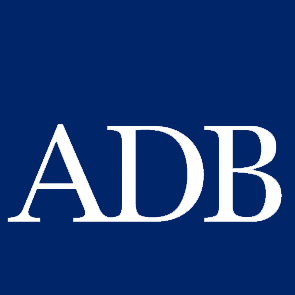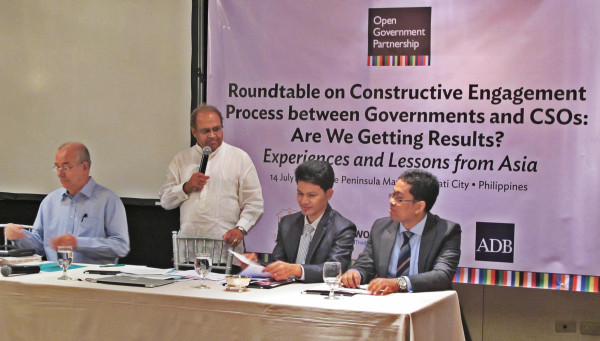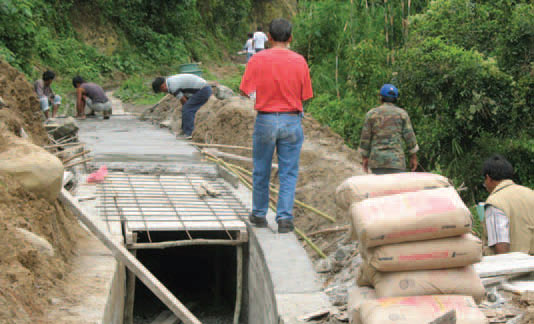DOWNLOAD THE BRIEF (106 KB)
The Asian Development Bank published today a new Governance Brief written by PTF Chief Technical Officer, Vinay Bhargava, on “Engaging Citizens and Civil Society to Promote Good Governance and Development Effectiveness.”
There is a growing movement for governments to call for greater citizen participation in the design and implementation of public policies and programs. This movement is propelled by emerging evidence that citizen engagement improves development outcomes, reduces poverty, and encourages peace by promoting social inclusion. The rapid rise in connectivity, 24/7 instant communications, and social media also enables governments to engage more extensively with citizens. This Brief explores these trends, outlines the benefits, and provides recommendations for successful citizen engagement programming.
The Brief’s conclusions and operational implications include:
- Citizens and governments around the world are increasingly concerned with, and willing to confront, poor governance and corruption.
- Citizen and civil society engagement to demand and promote good governance can improve the overall effectiveness of good governance and anti-corruption programs.
- Donor-funding strategies need adjusting to take advantage of the full potential of citizen engagement to improve the overall effectiveness of good governance and anti-corruption efforts.
- Mainstreaming citizen engagement in operations is the next frontier for multilateral development banks and bilateral donors to aim for in order to strengthen development outcomes.
- Mainstreaming will also require the provision of financial resources to clients as well as operational budgets to staff.
- The payoffs from investment in citizen engagement initiatives will come from better governance and reduced corruption, more effective service delivery, greater social inclusion, and increased economy and effectiveness of public financial management.




